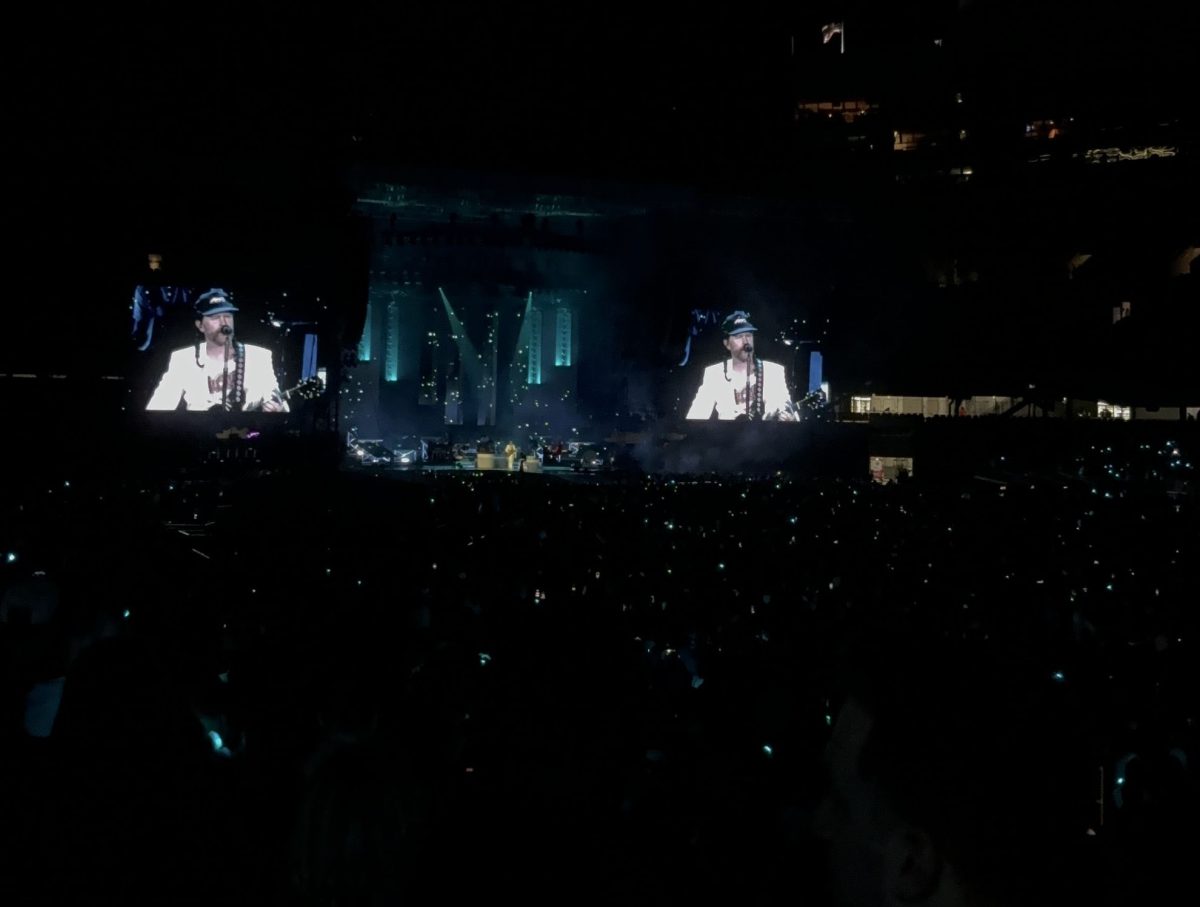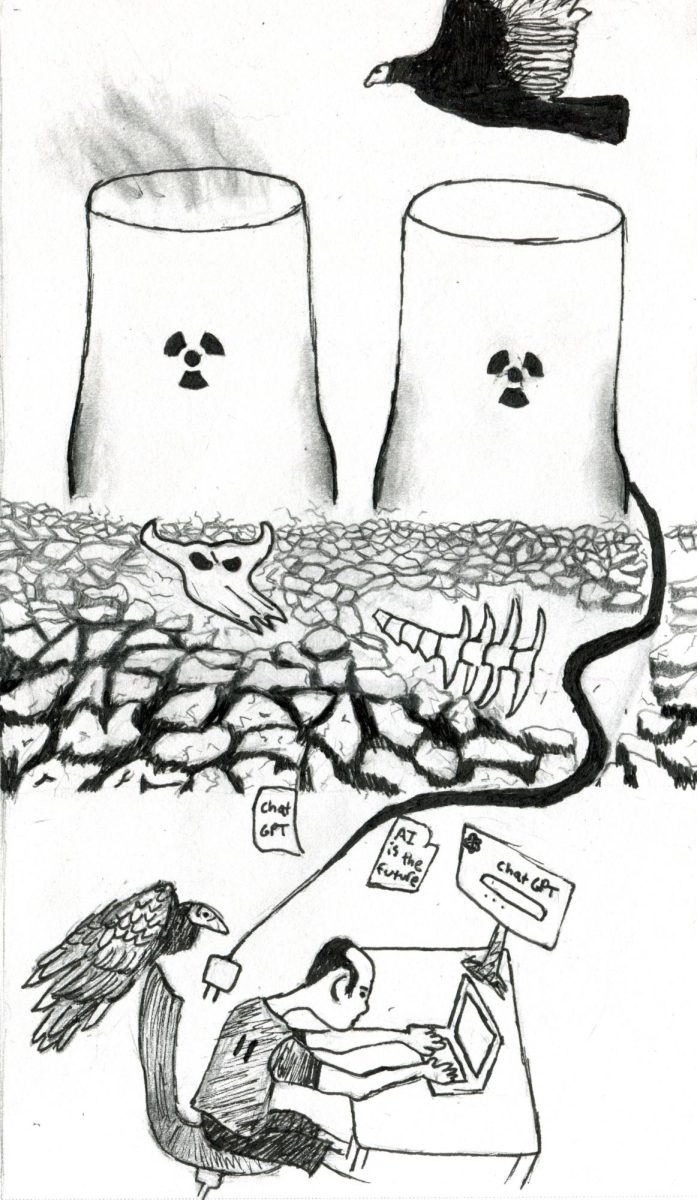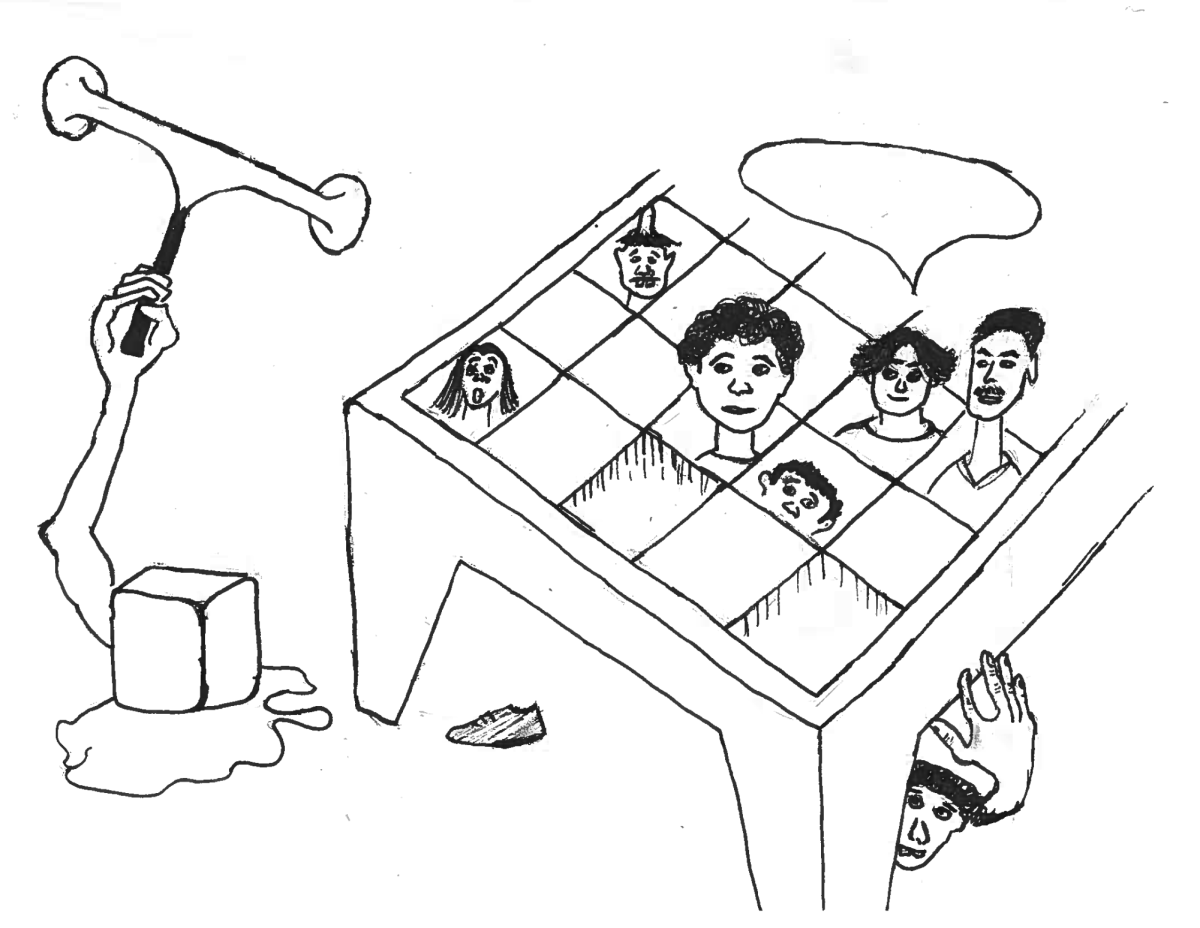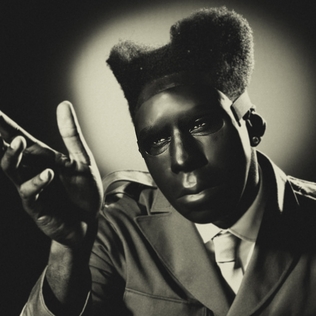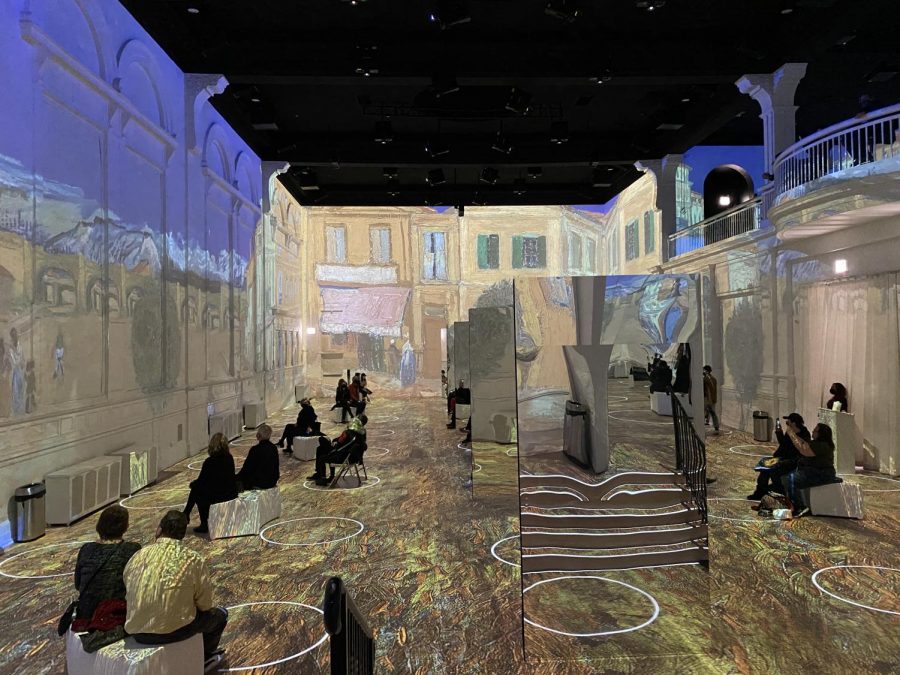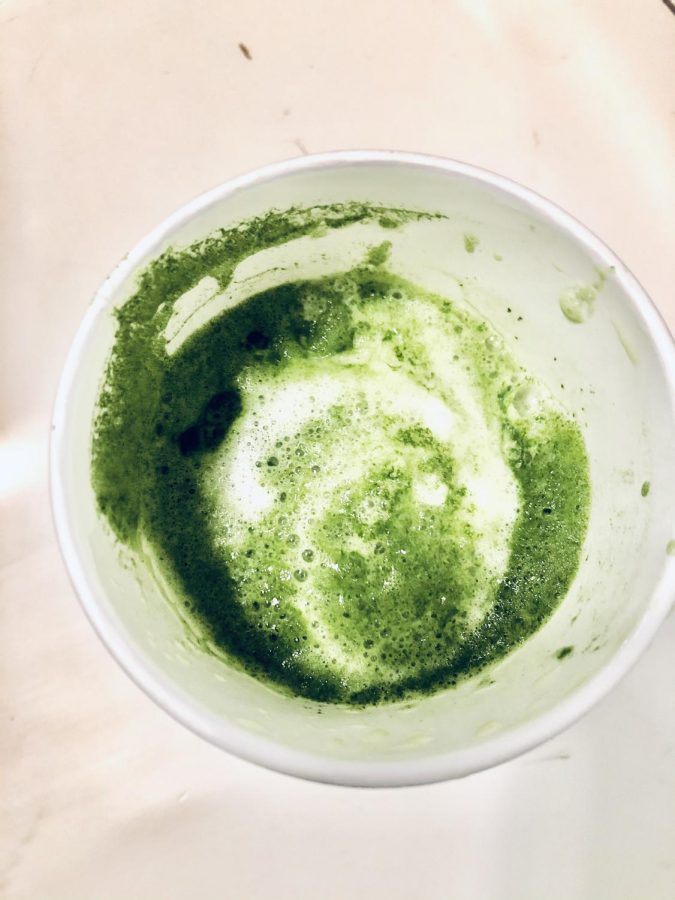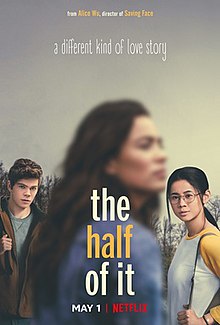It’s hard to set your expectations high for musicians decades removed from their most celebrated work. Overproduced or simply uninteresting newer work and the toll taken by age on energy and performing abilities can have a profound effect on the quality of both live and studio material. However, among those performers whose catalogue it is almost impossible for me to cherry pick from is singer-songwriter-guitarist Bob Mould.
As a guitarist, I had always looked up to Mould’s guitar sound, which is as room-filling and gigantic as it is melodic. I had seen a plethora of live appearances by him on Youtube and was always impressed with his energy and performance ability, so when he announced an April 26 tour date at the Metro I was happy to buy tickets and wait with bated breath. At age 64, Mould delivered.
It was easier than ever for my dad and I to get into the venue and secure a good view from the floor – although the show was sold out, the crowd was very tame and there was a pleasantly surprising lack of six-foot-six people who were militant about being in front of us (in my experience, a quintessential part of being at the Metro). We missed the first few songs that the opener, the J. Robbins Band played, but I had little reason to be upset. The volume of their instruments was low enough that you could hold a conversation over them, and their use of backing tapes made the show less than immersive. However, their songs and guitar tone were both at least somewhat compelling, and if there’s anything to be said about their lack of volume, it made the headliner more impactful.
Within ten seconds of coming out on stage, Mould had launched, at a deafening volume, into “Star Machine”, a 2012 song from his solo career. It was followed shortly by “The Descent”, and a new song, “Neanderthal”. There is a caveat to his performance: it’s not for those seeking diversity. He’s not known to experiment with genres and rarely strays from his alternative-rock sound driven by his guitar and the nasal angst of his wailing tenor. However, this also meant that I didn’t mind hearing songs from the new album he was touring for, “Here We Go Crazy”, because they sounded more or less the same as my personal favorites of his from the 80s and 90s. Unchanged also were Mould’s passionate vocals, practically identical to studio and live material released 40 years ago, and the energy of his performance. He had no trouble running around the stage at frequent intervals throughout the show, giving everyone a good view.
Mould’s band was as capable and spirited as he was, rarely breaking for more than a few short seconds between songs. The water in my plastic bottle rippled with the impact of the drums, and thick bass melodies shook the floor. The competence of his sound team was also apparent, as all the sounds of the power trio were crisp and well spaced in the mix, something I was not expecting after a muddy Local H show at the Metro last October. My only complaint was that the backing vocals of the bassist were mixed louder than Mould’s, sometimes drowning out the arguably much more interesting voice.
Mould also displayed lead guitar skills rarely seen in his older studio material, playing a number of eight to twelve bar solos that showcased his keen sense of melody and an unwillingness to glorify his playing – while technically unimpressive, the simple phrases added tasteful, effective accents to the chords.
After around 45 minutes of solo material, Mould began playing songs from his most acclaimed band, Hüsker Dü, starting with an explosive extended rendition of “Celebrated Summer”. When you hear the songs it’s immediately apparent why Black Francis cited them as a main influence on the Pixies – they’re highly emotive, with unconventional vocals and formidable guitar distortion. The only time Mould turned down or took distortion off his Fender Stratocaster was during “Hardly Getting Over It”, a six-minute long Hüsker Dü ballad beginning with a melancholy guitar jangle I had never even heard of him performing live before. Closing the set were four consecutive songs from the Hüskers, including arguably their most well-known, “I Apologize” and “Makes No Sense at All”, guitar-driven punk songs fused with infectiously catchy pop hooks and melodies. When the set was over, Mould said a terse farewell and walked off the stage without doing an encore – he had said what he wanted to say.
While the songs of my favorite Mould band, Sugar, were absent from the setlist, the performance itself left me with few qualms to go home with. There are some who would have enjoyed an encore, but, as you might be able to tell from the three to four minute length of all but a few of the numbers in the setlist, Mould works hard never to outstay his welcome. His energy challenges that of performers decades his junior, and his immaculately preserved voice and guitar sound give you a glimpse into rock and roll history and perfectly match the essence of songs 30 or 40 years removed from the present.
4.5 Paws out of 5

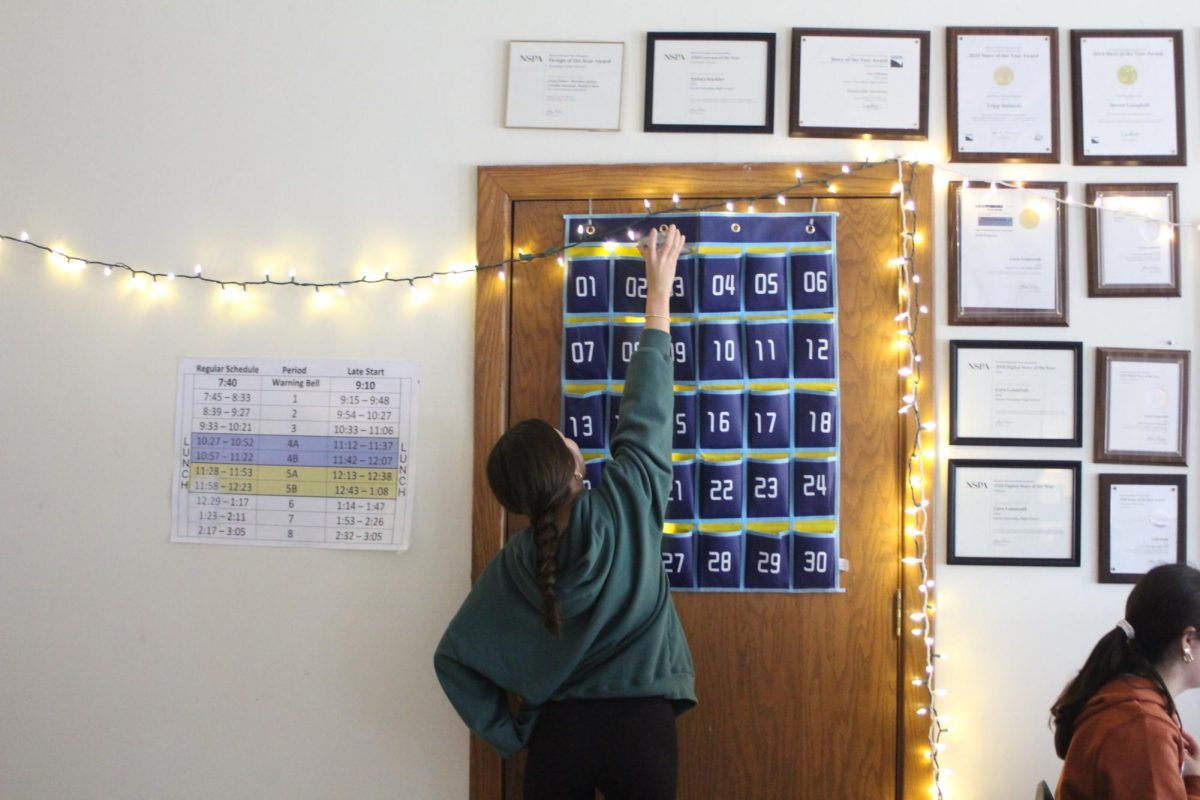
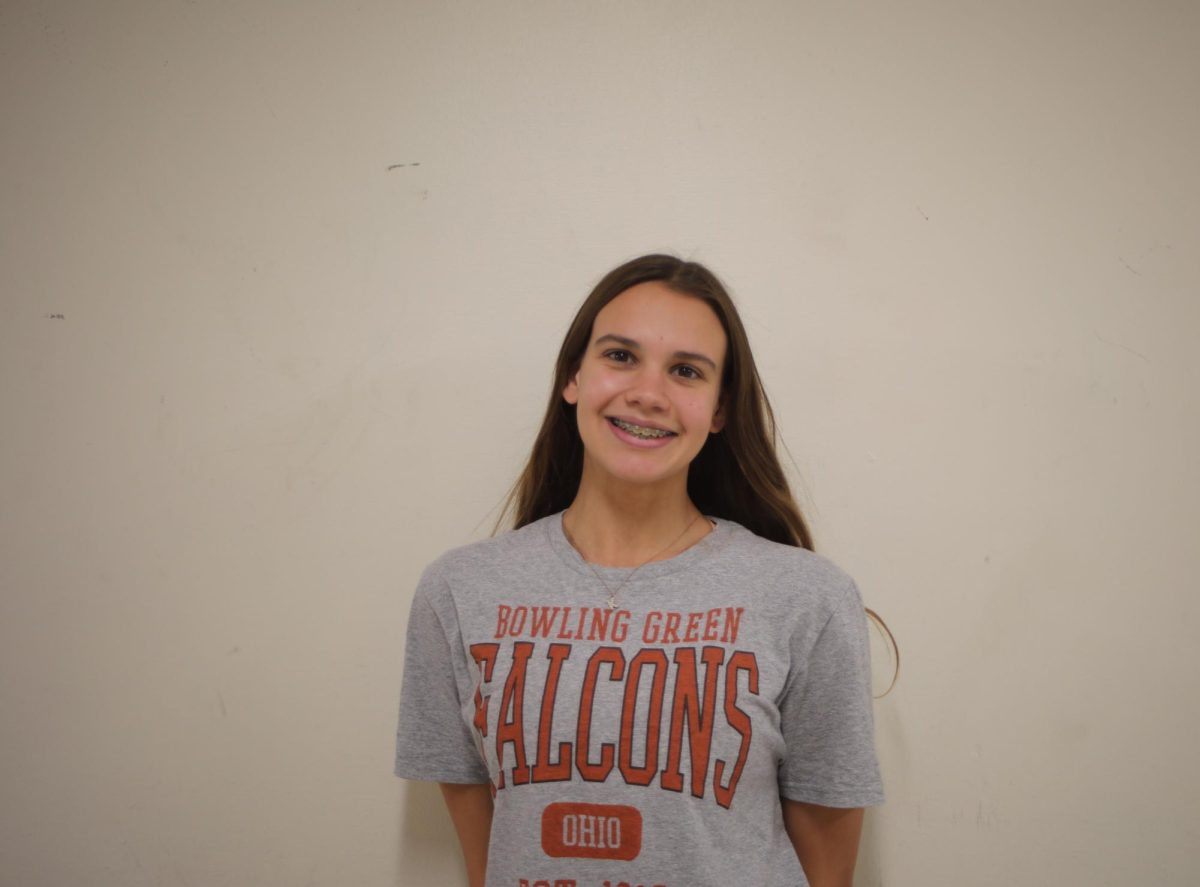
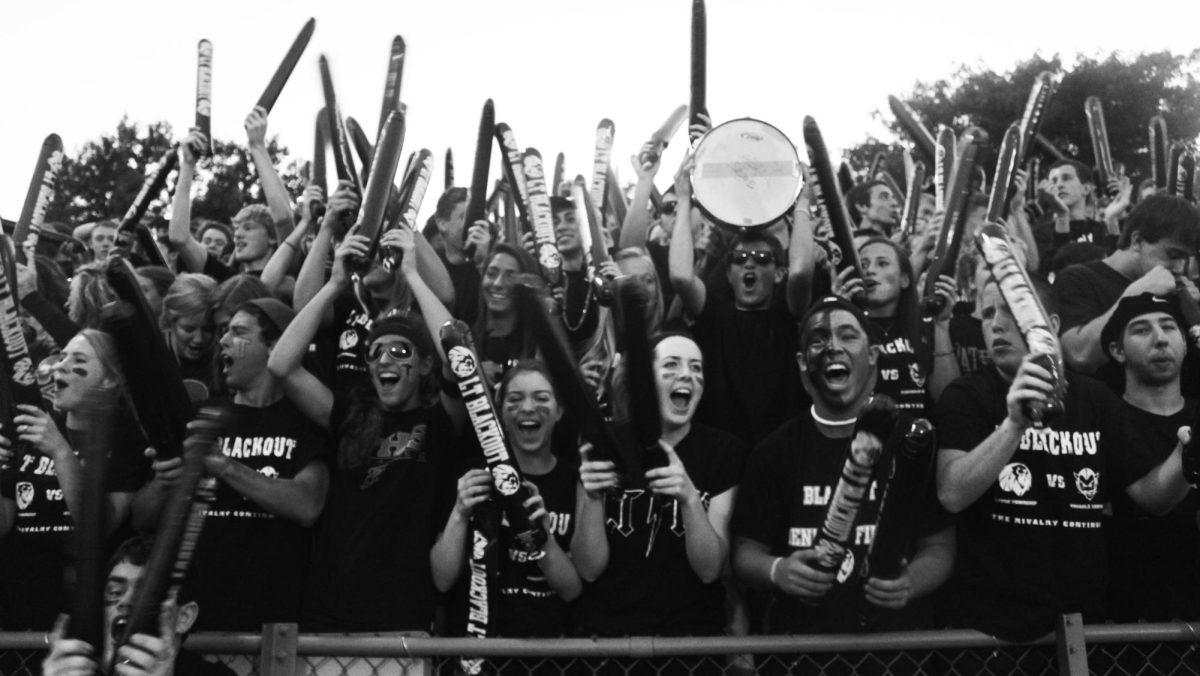
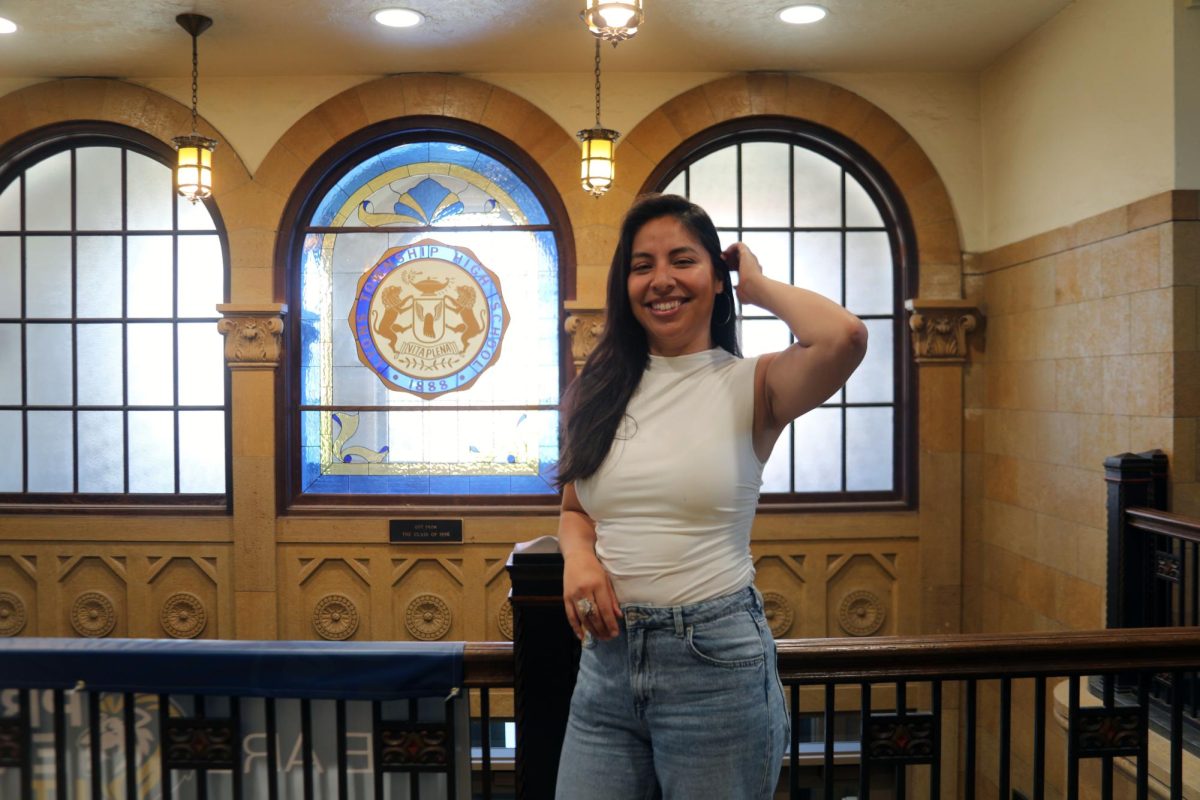
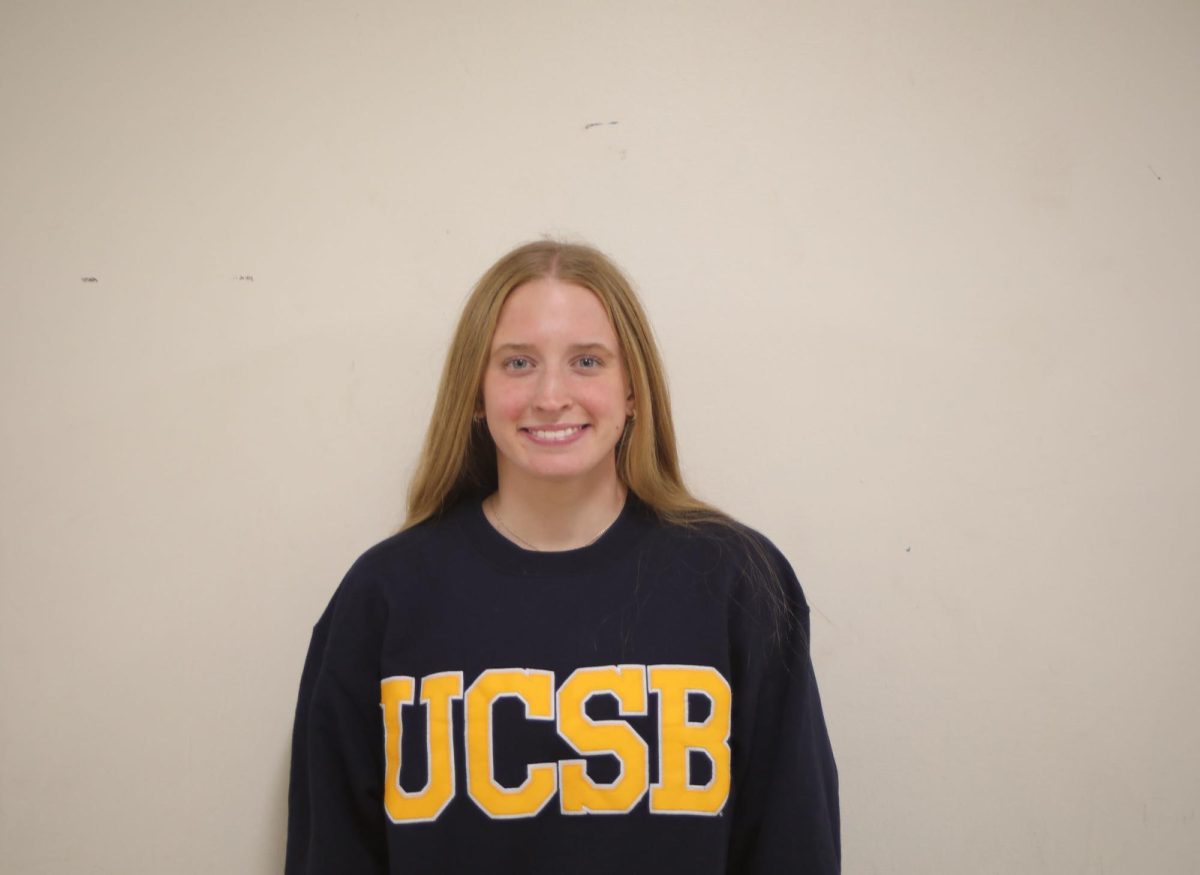
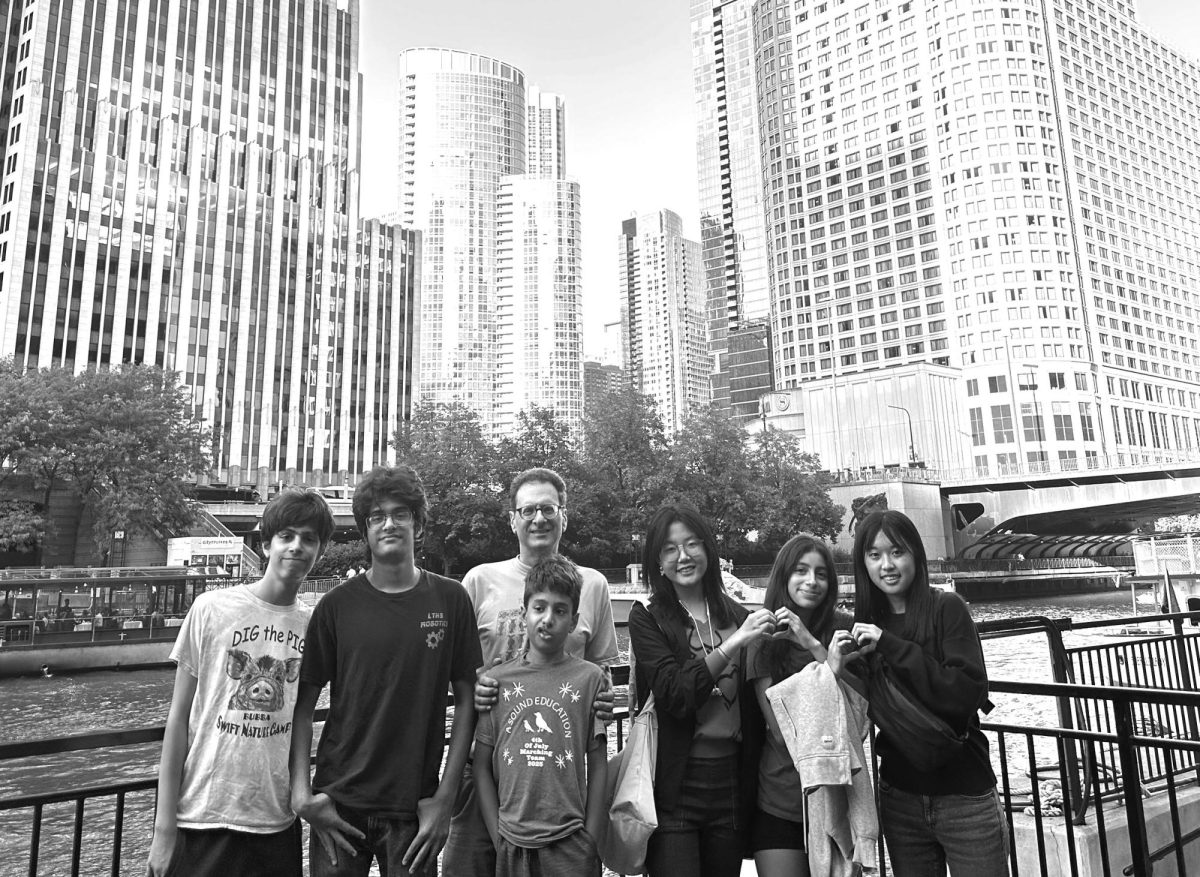
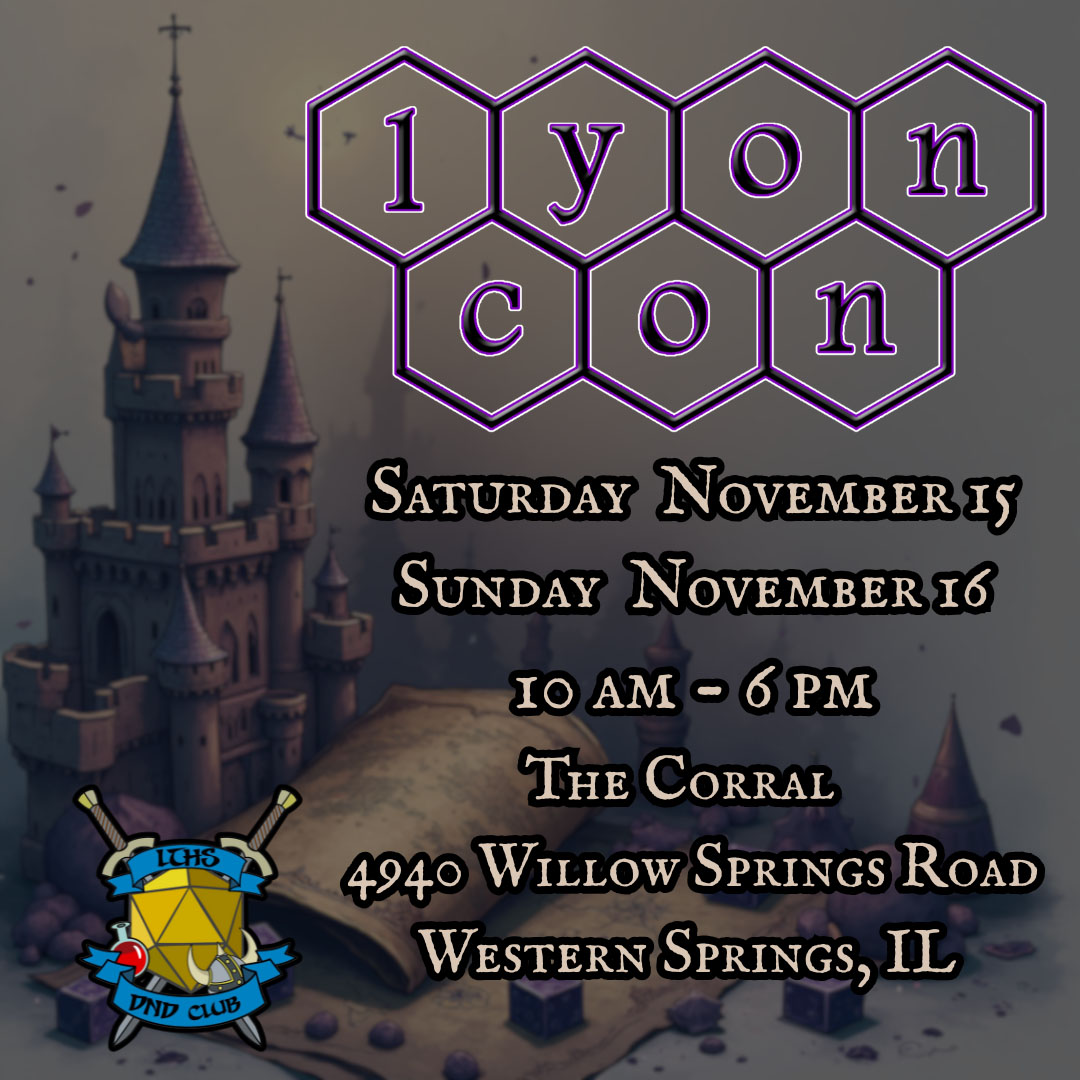
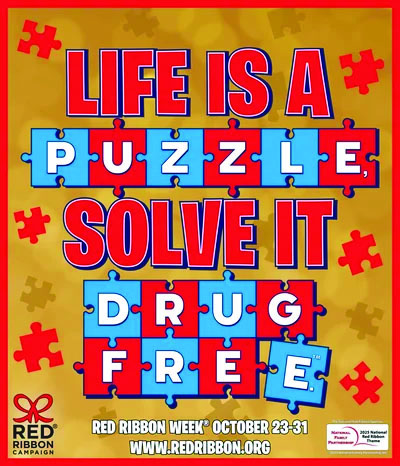
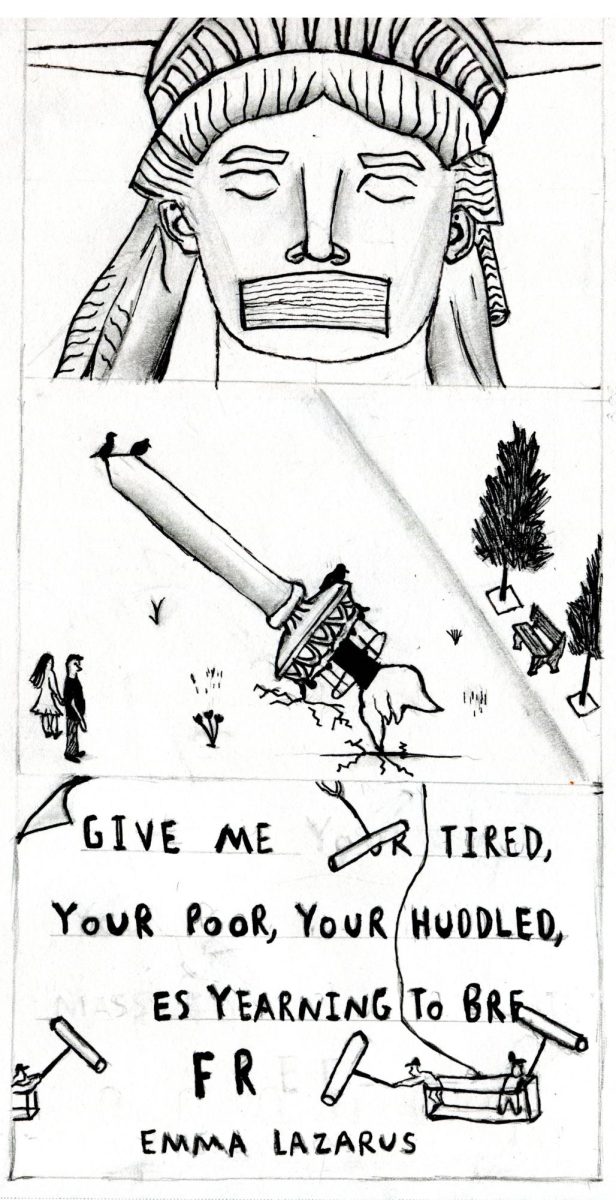
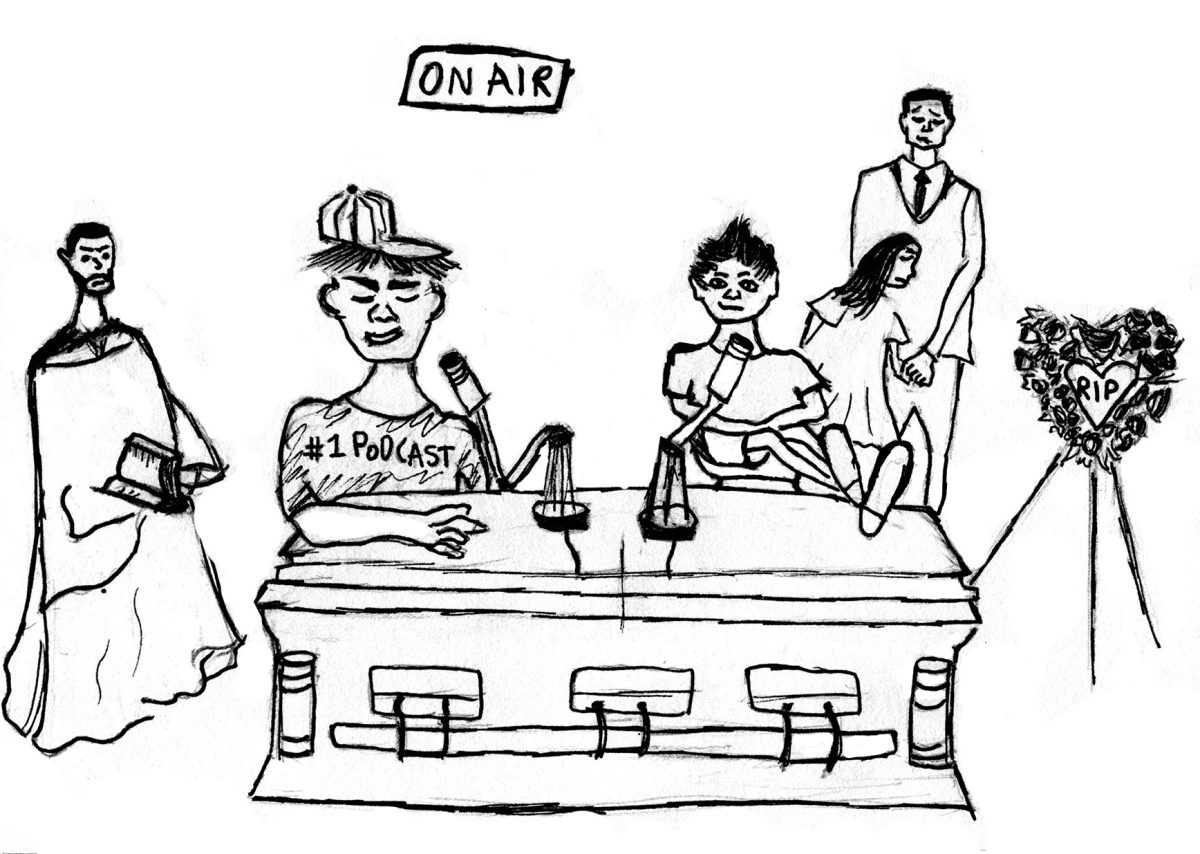
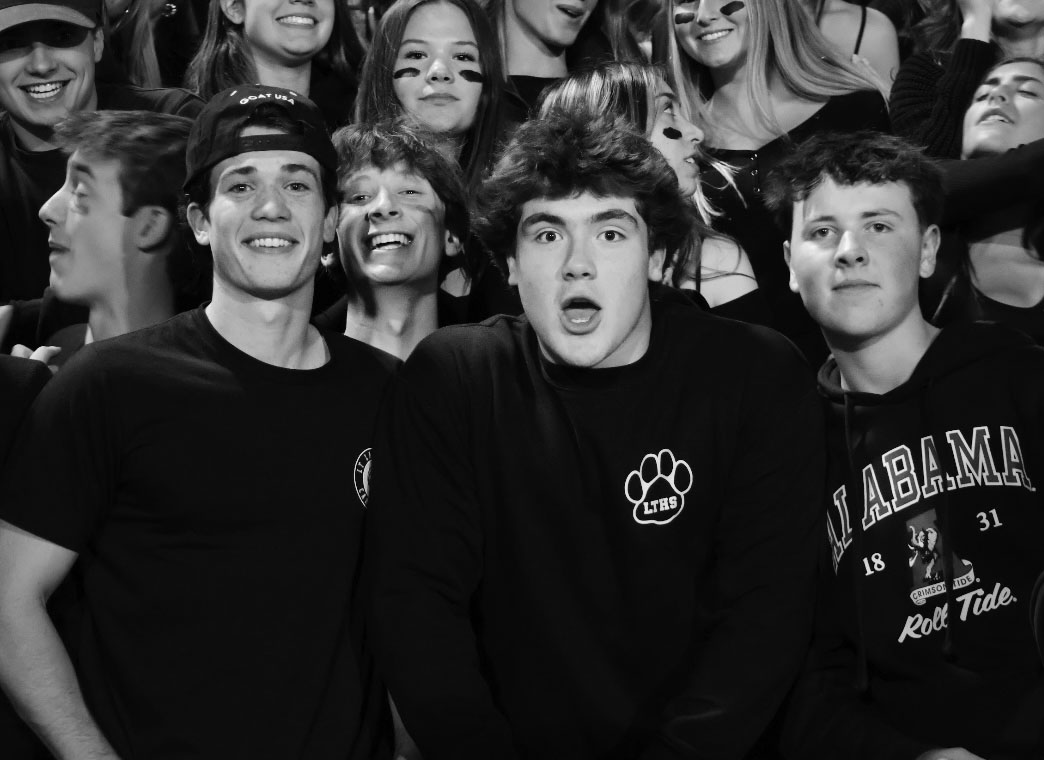
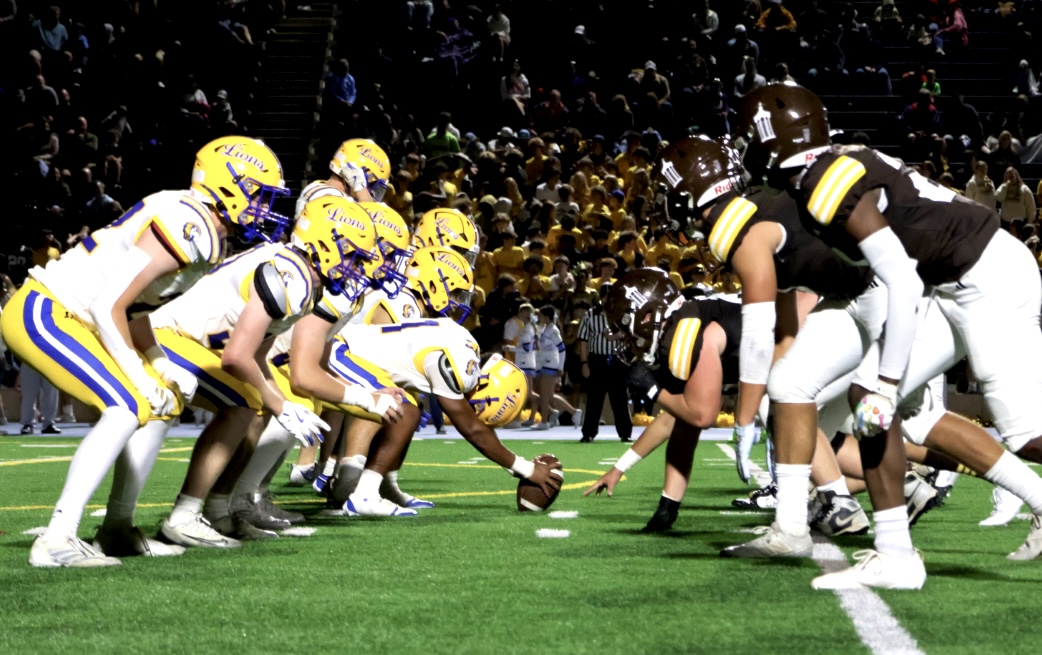
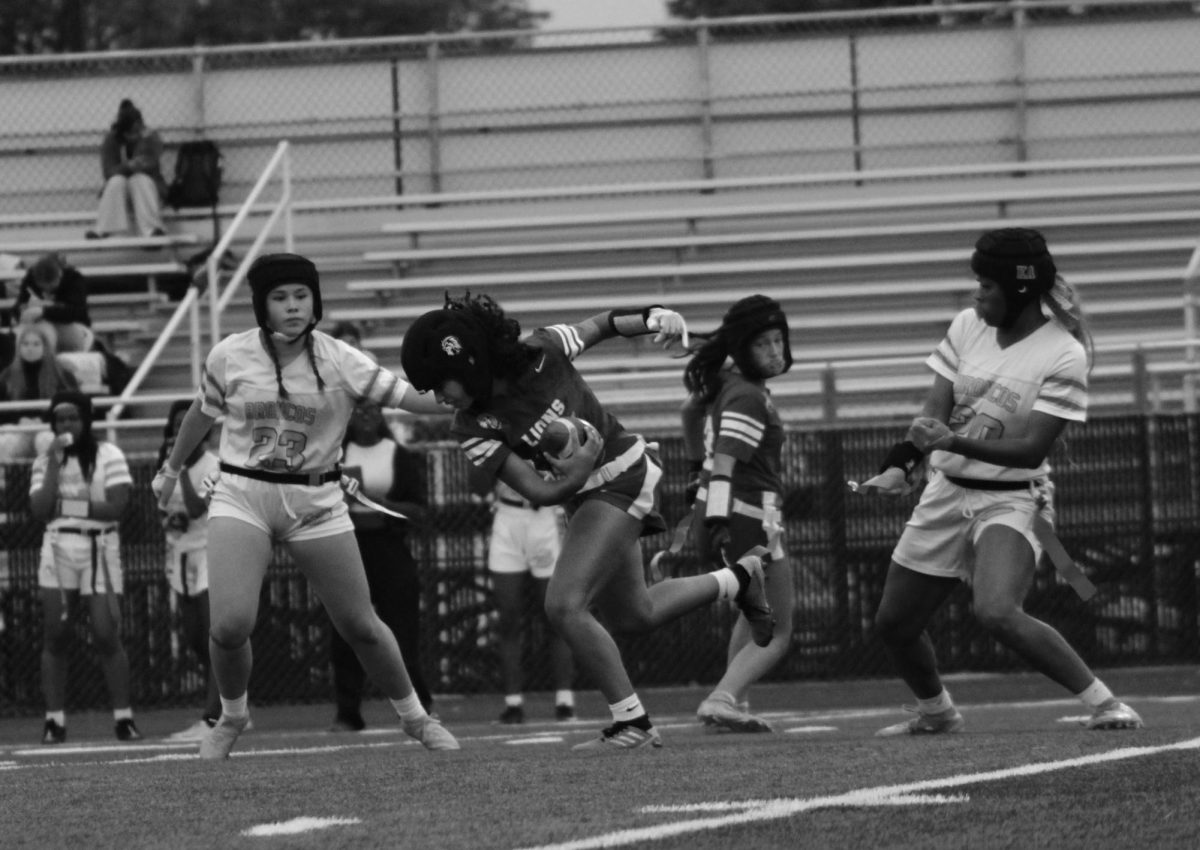
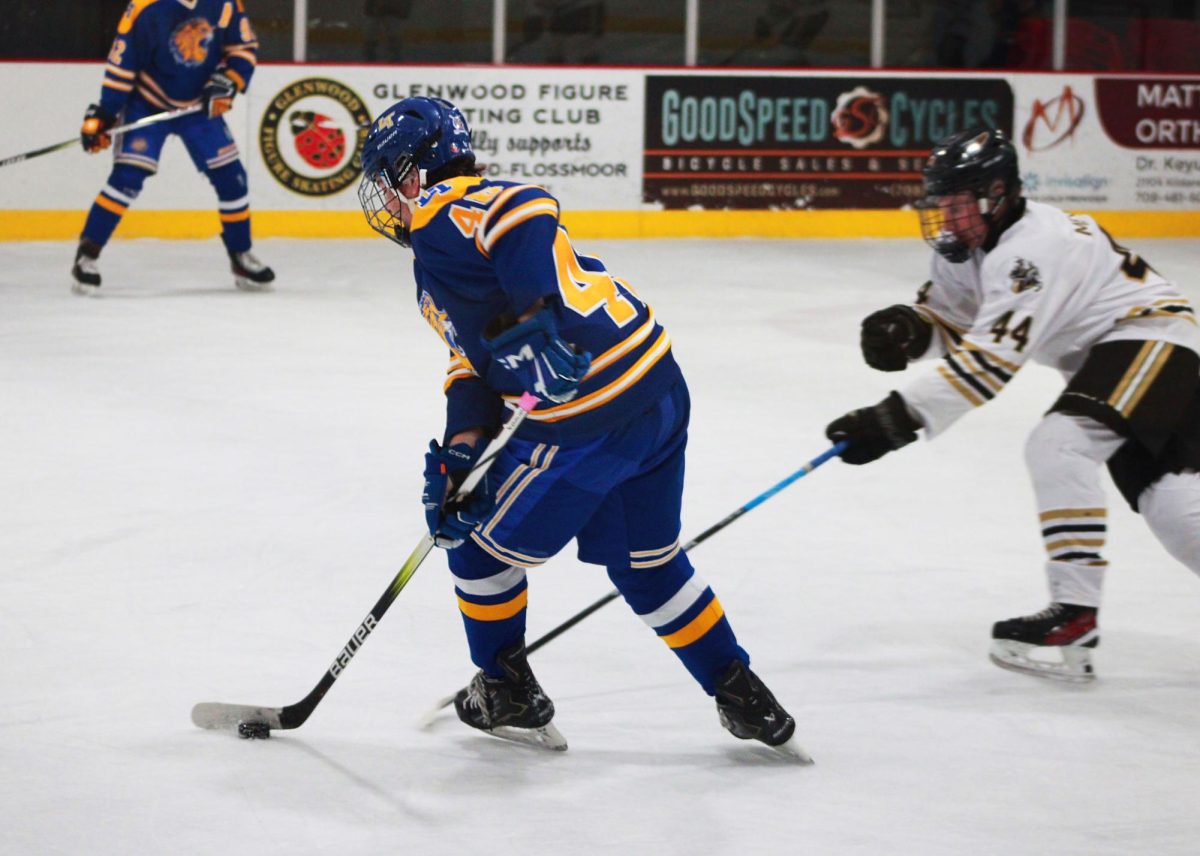
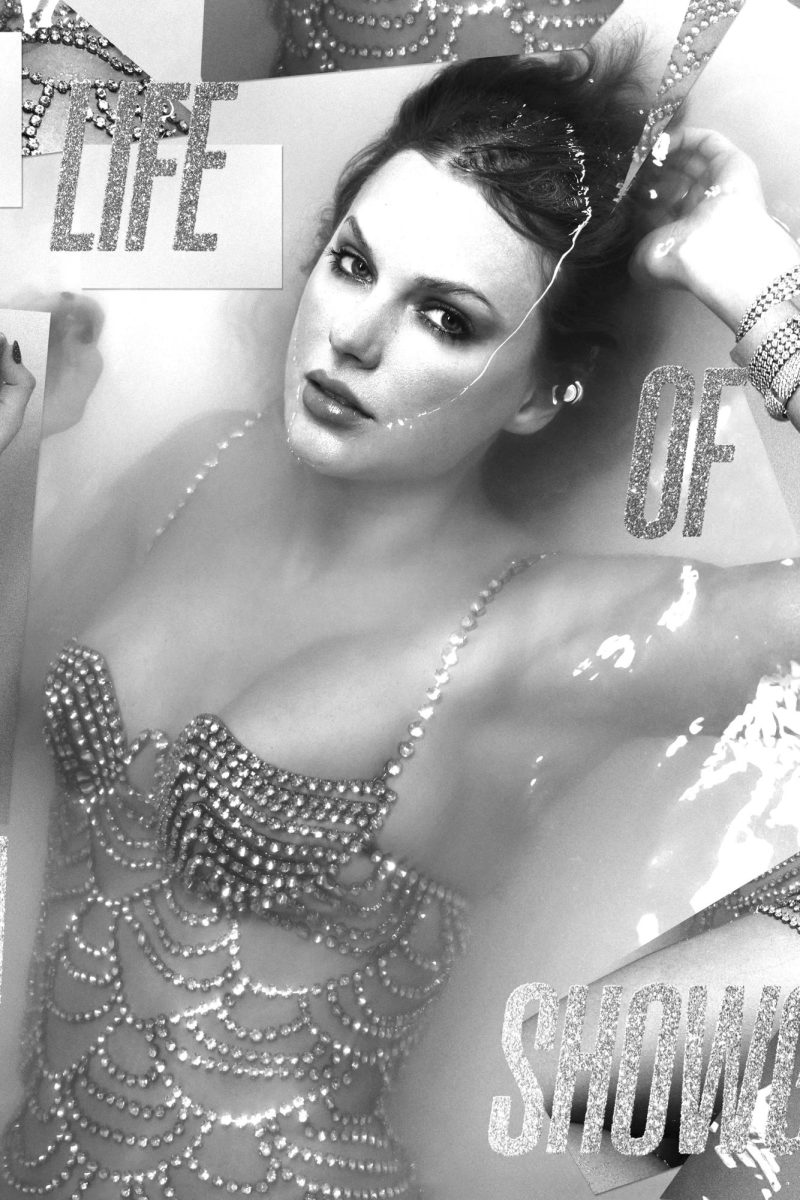
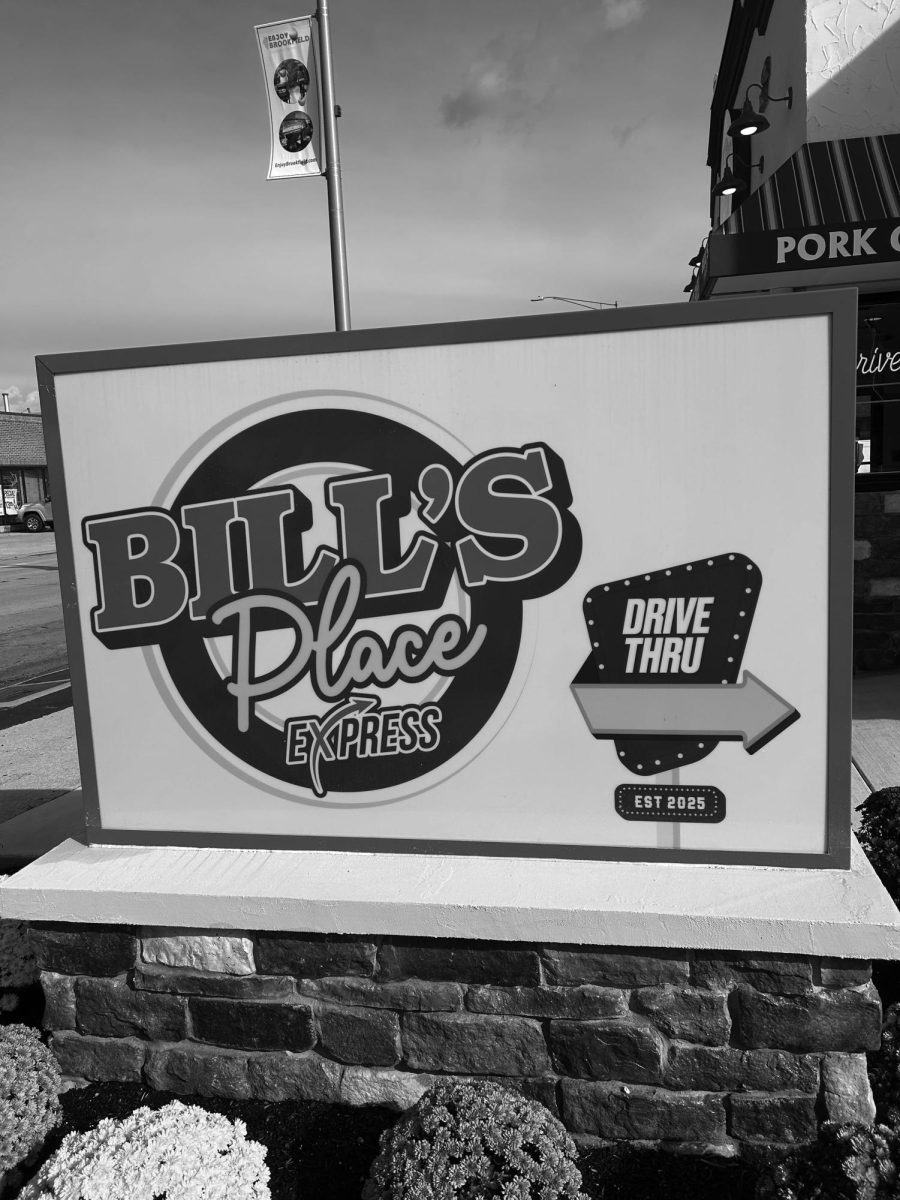

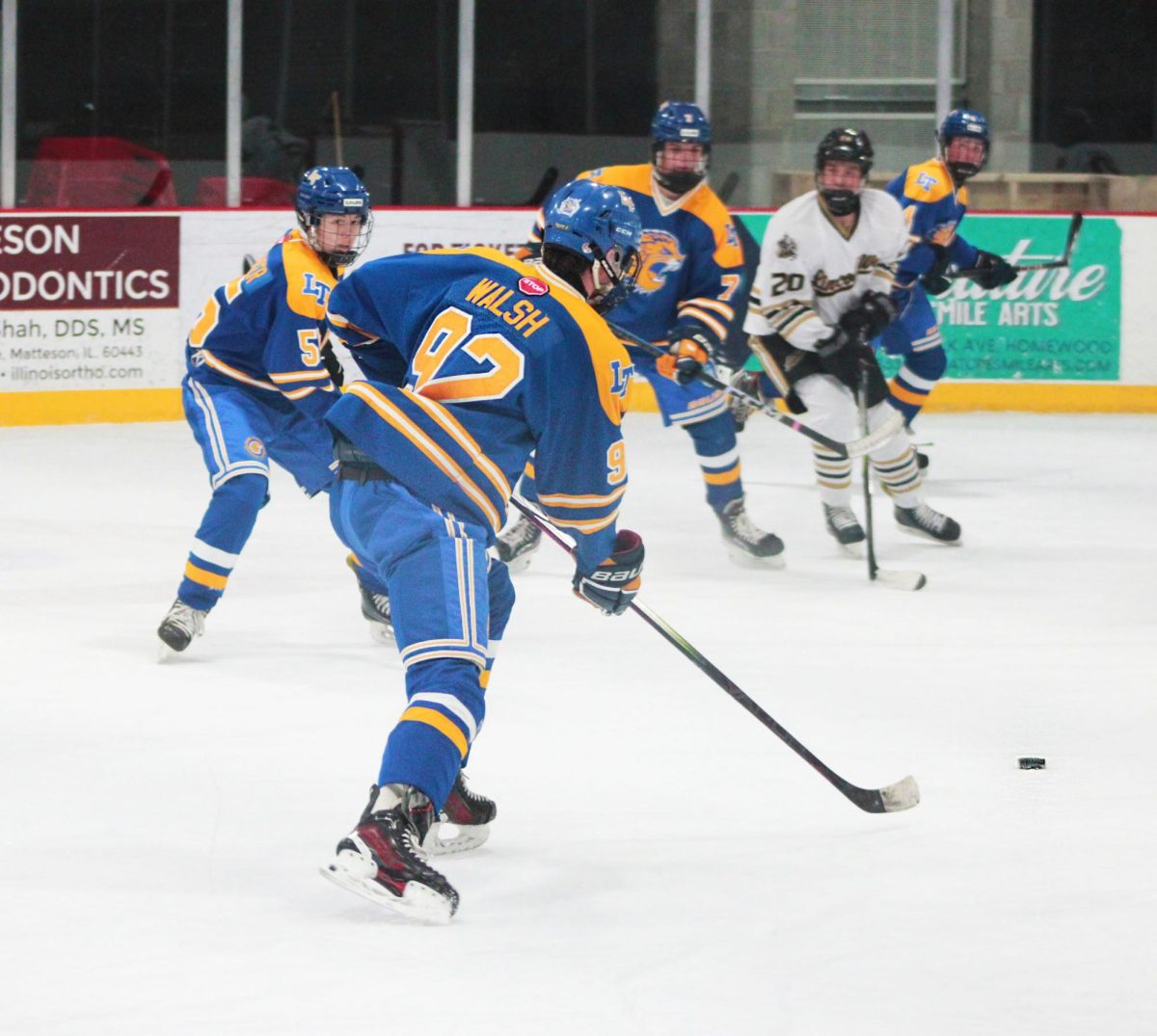
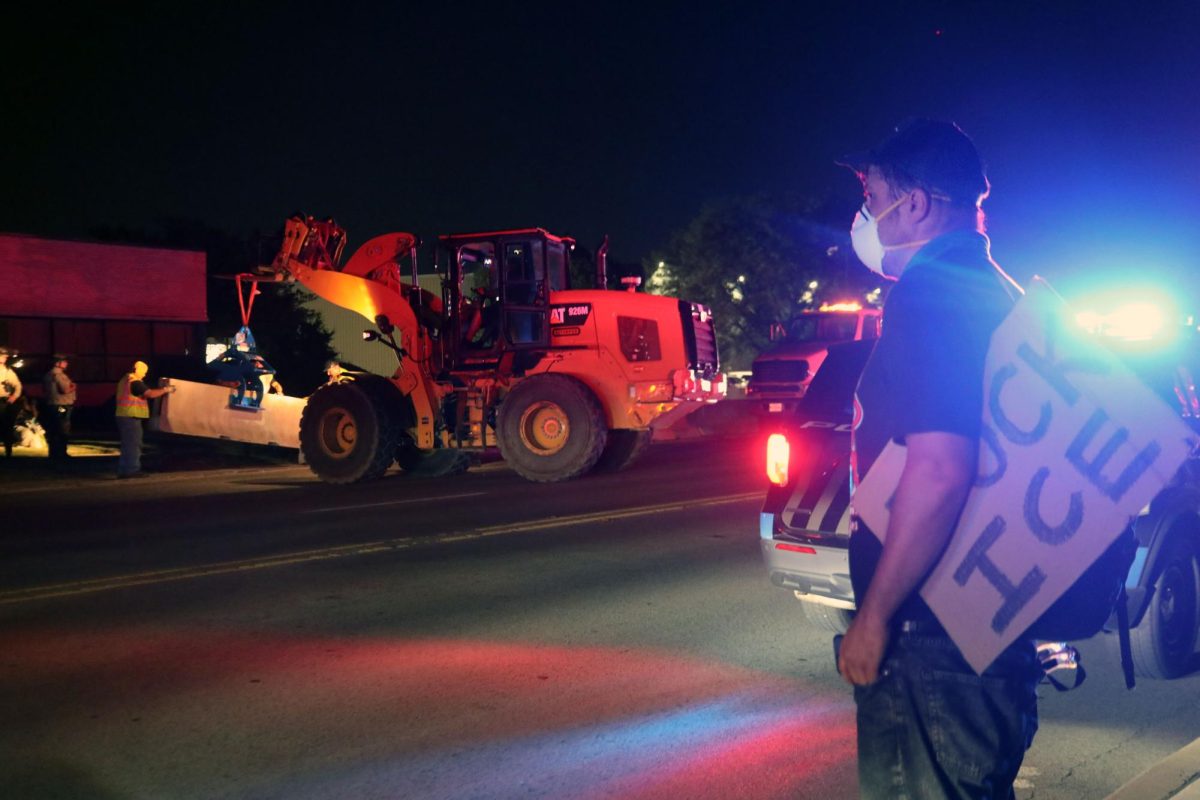
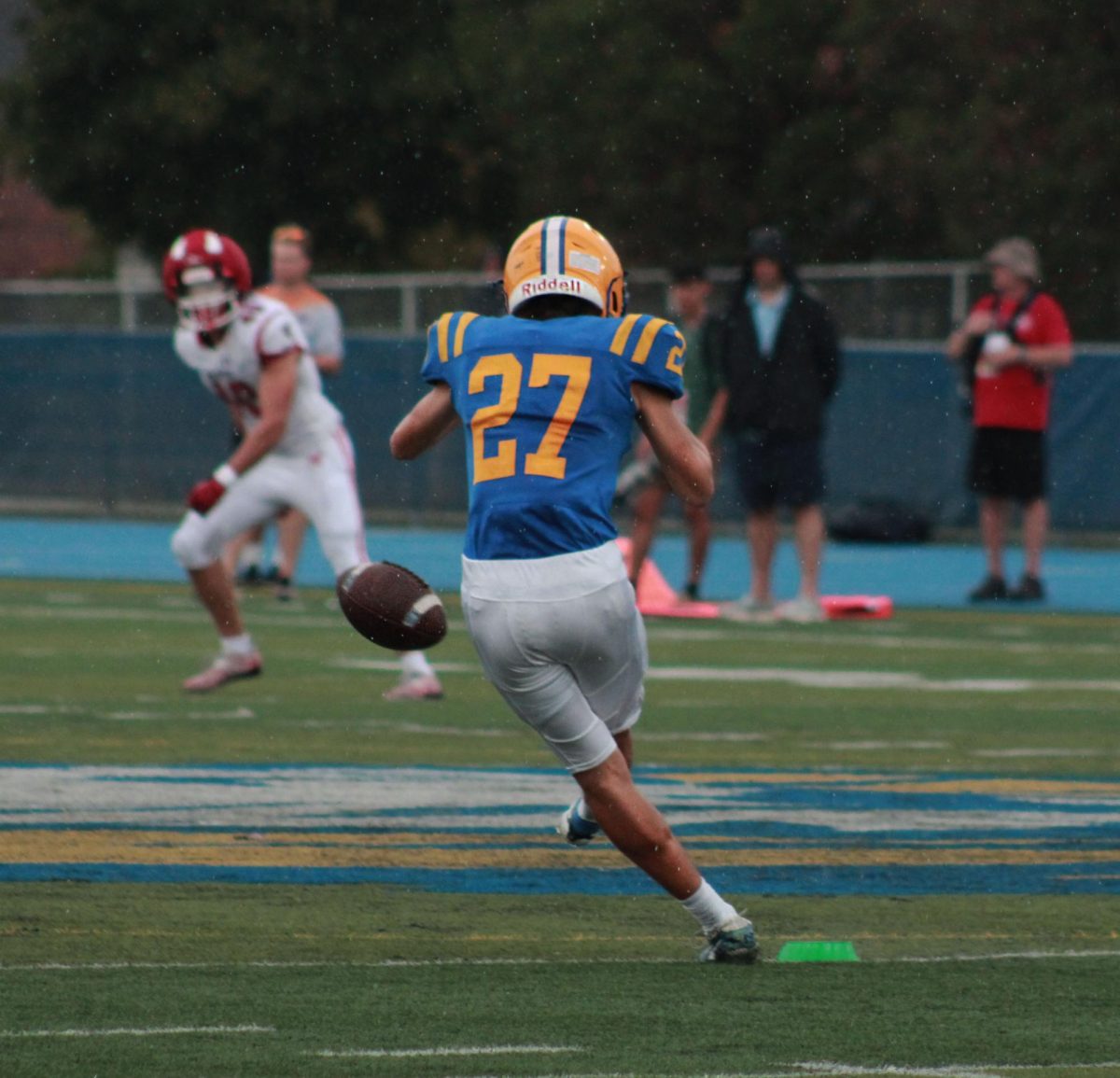
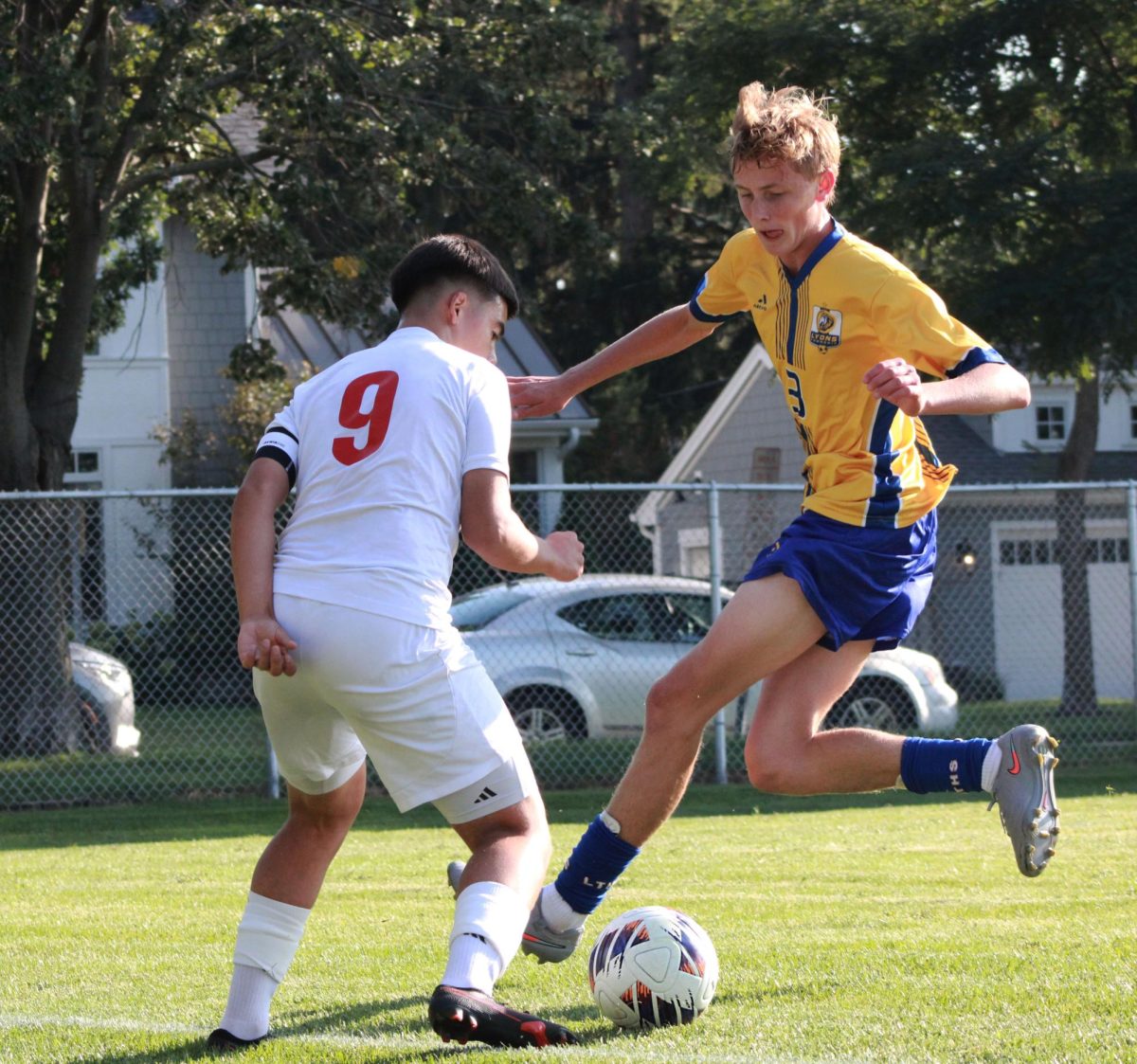
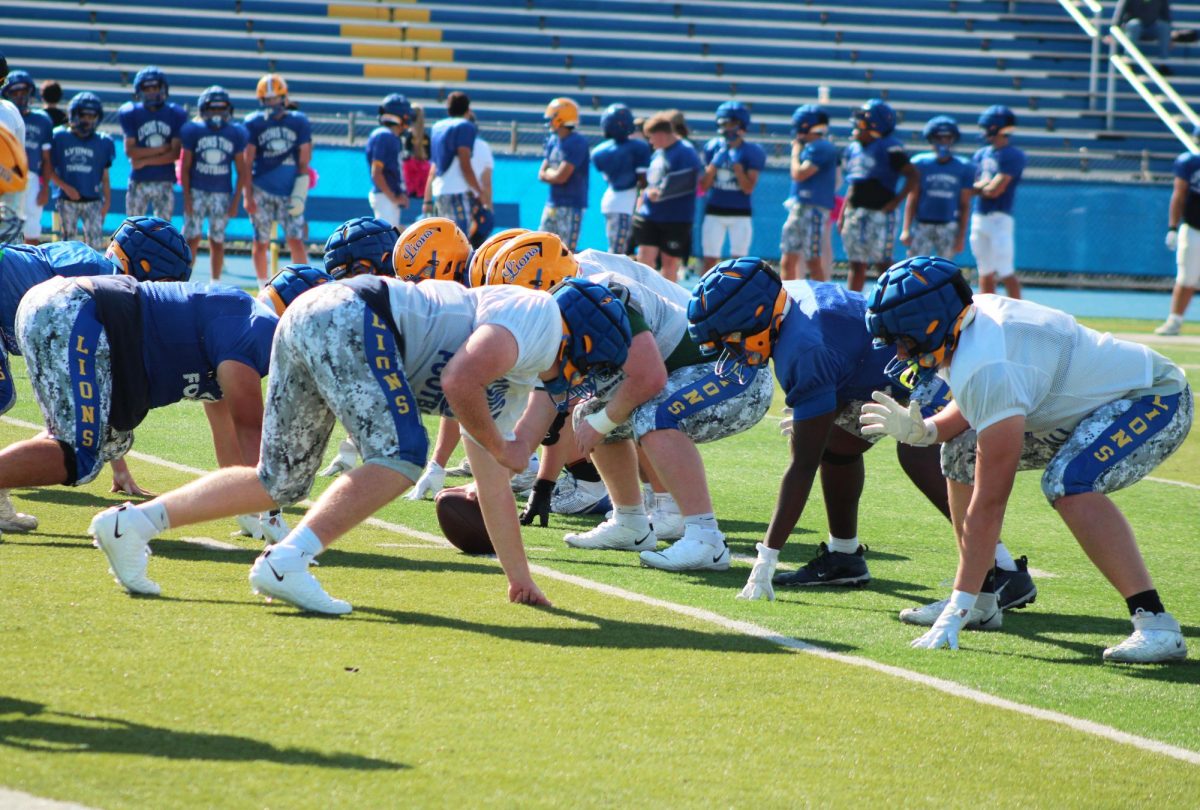
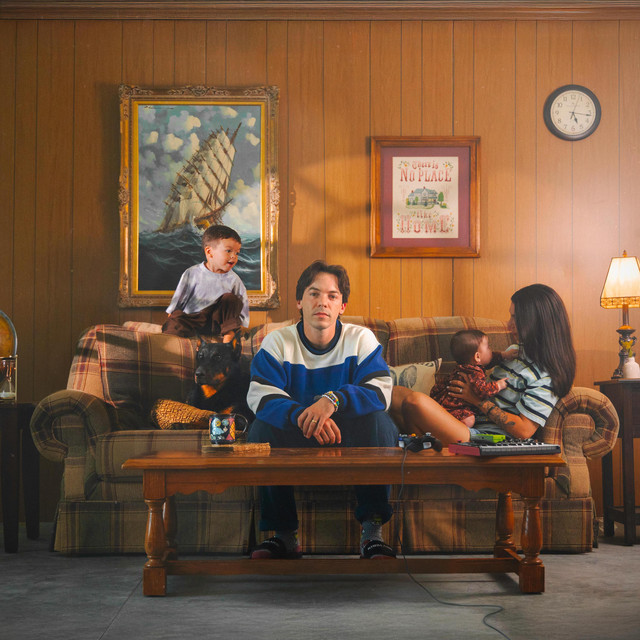
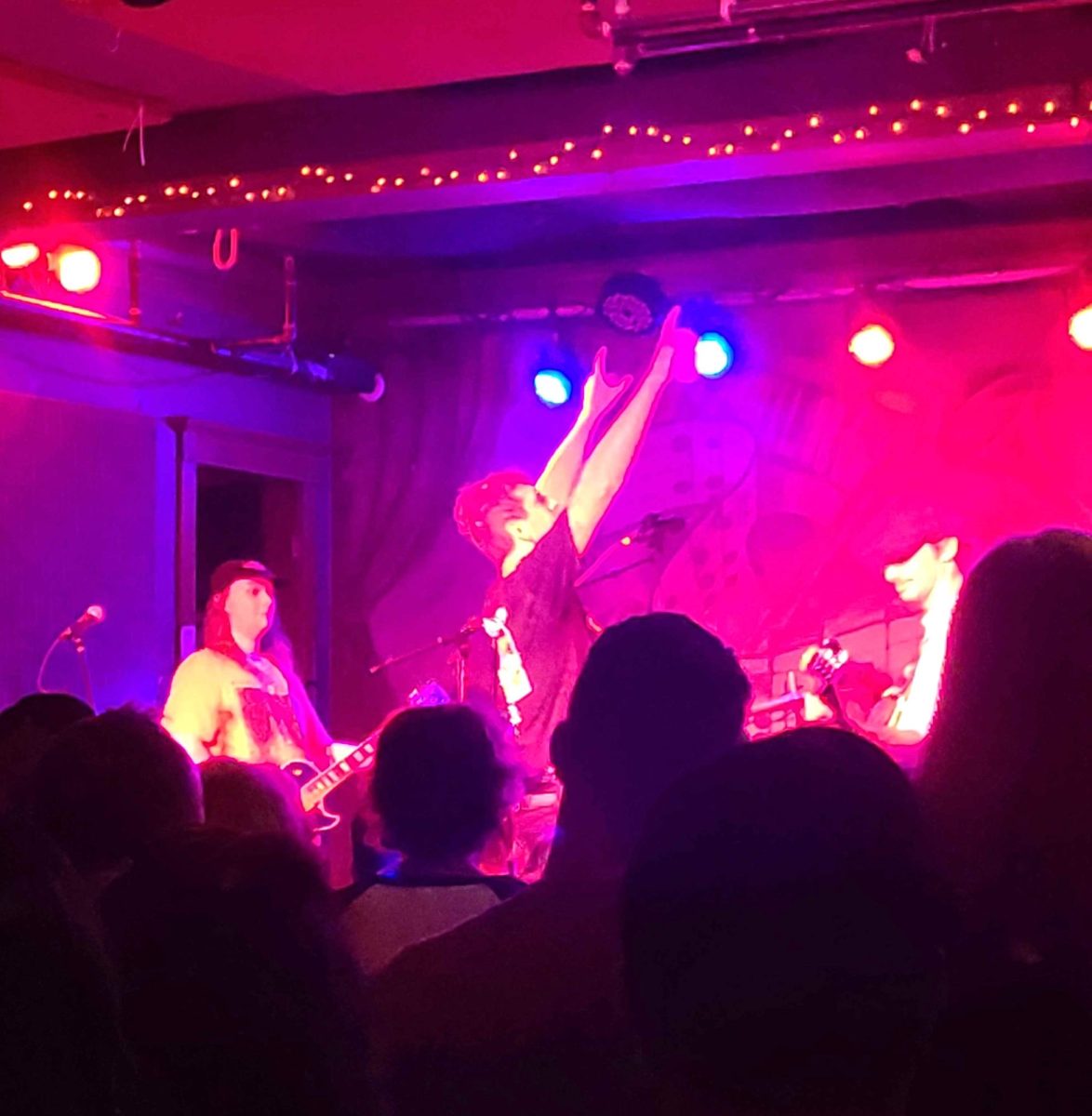
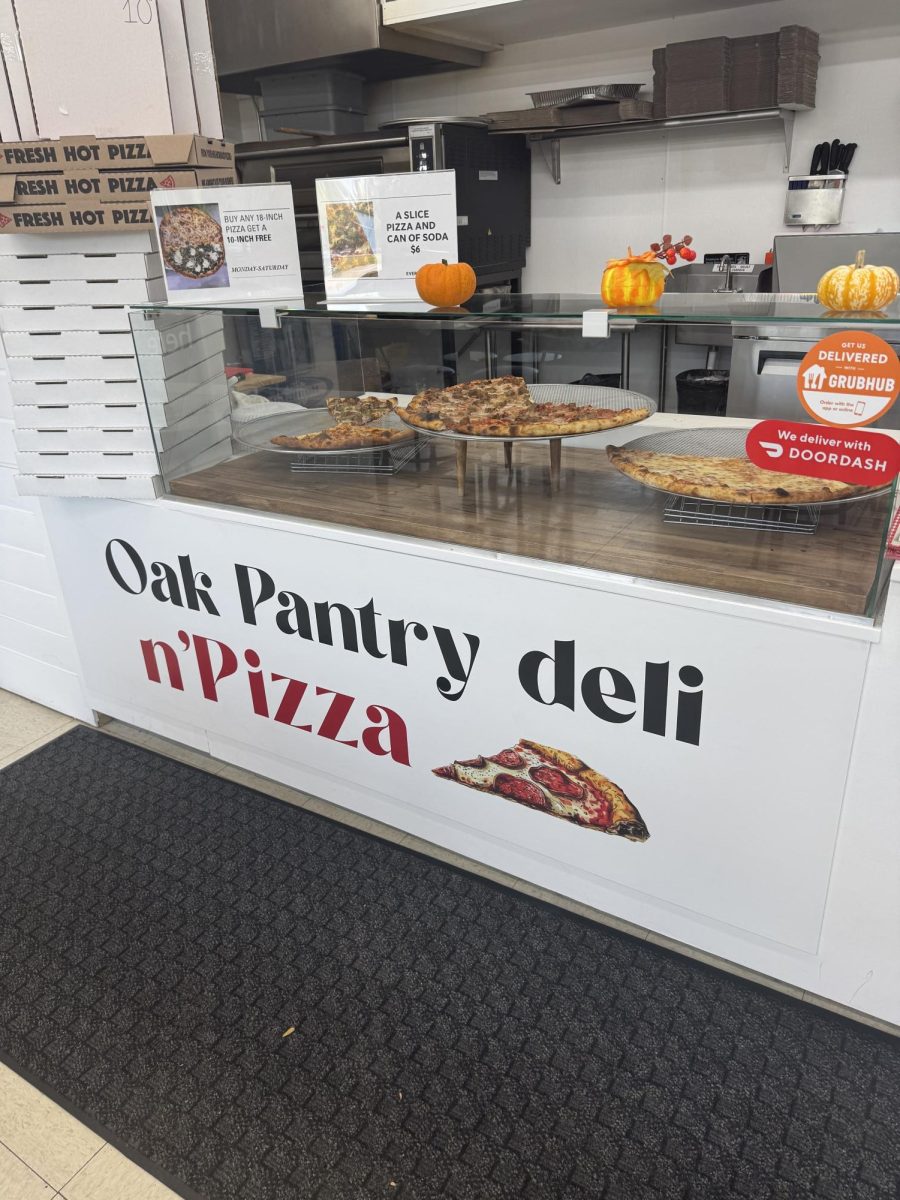


![Movie poster for '[Rec]" (2007).](https://www.lionnewspaper.com/wp-content/uploads/2023/04/rec-640x900.jpg)


